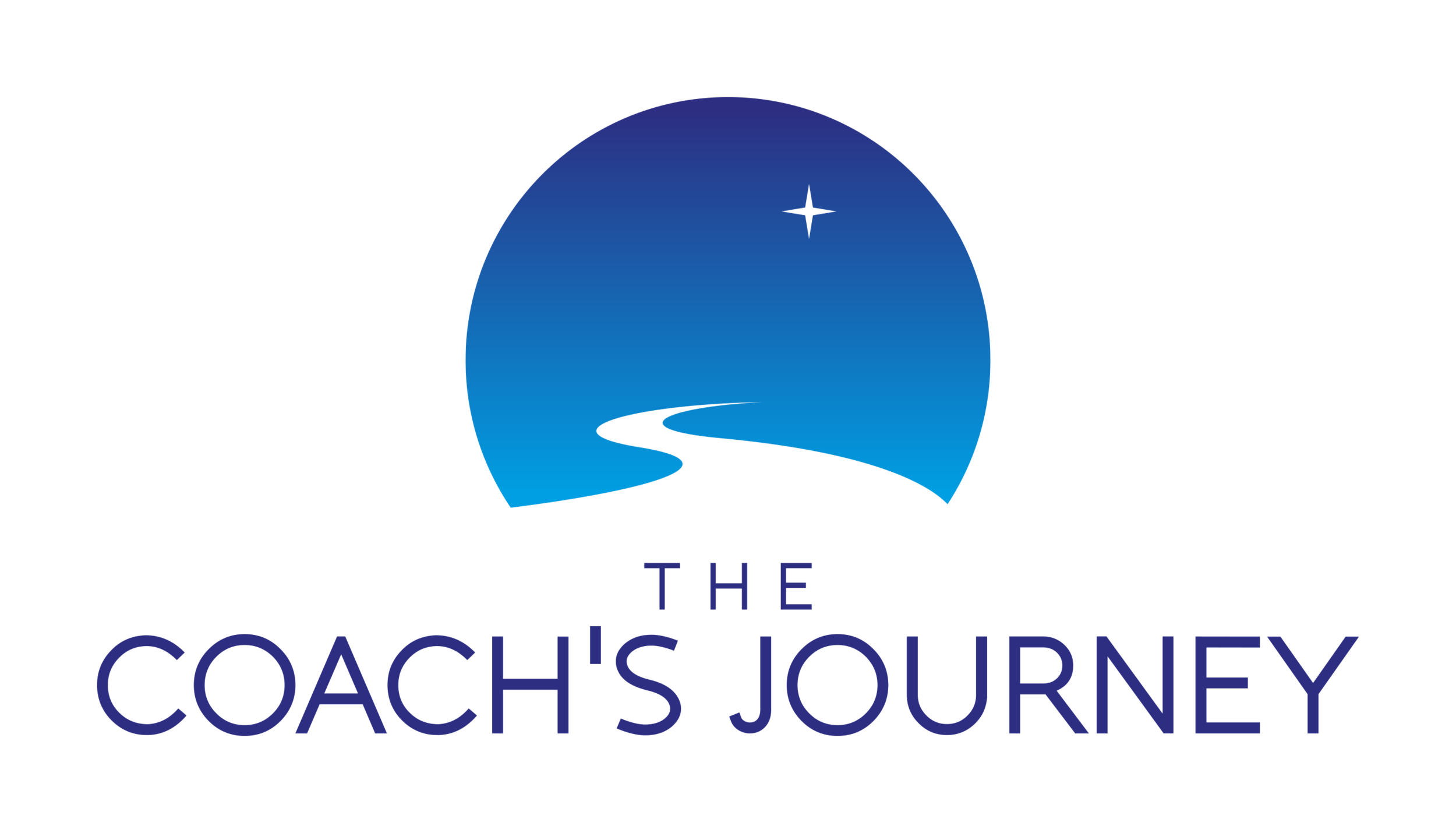#87: Amy Brann – Neuroscience For Coaches
Amy Brann has been studying neuroscience since she was 15.
Now, as the founder of Synaptic Potential, she brings all that expertise to working with organisations to create meaningful change backed by scientific underpinnings.
Named 2023 HR Most Influential Thinker, Amy is the author of three books about neuroscience, including Neuroscience For Coaches, which is on the reading lists of many of the best coach training organisations and forms the foundation for this episode: a deep dive into how to make coaching and learning really work.
In conversation with The Coach’s Journey Founder Robbie Swale, Amy busts myths, teaches hard-to-understand science in ways we can grasp, and tells a story of hope and optimism for what is possible if we can understand brain science and move towards our Whole Brain Potential.
In particular, Amy and Robbie talk about:
The pitfalls of setting high expectations with your clients and how to avoid them.
The neuroscience of visualisations, and how to use them effectively to increase autonomy for your clients.
Crucial areas of neuroscience for coaches to know about: neuroplasticity, mirror neurons and more.
Why trust is one of the things coaches should pay more attention to and how to do that.
Plus Amy coaches Robbie live on how to let his emotions help him pay attention to the right things.
For more information about Amy, visit https://neuroscienceforcoaches.com/resources/, ttps://www.linkedin.com/in/amybrann/ or https://synapticpotential.com/
For more information about host Robbie Swale, visit https://www.robbieswale.com/
Read more about The Coach's Journey at www.thecoachsjourney.com.
Music by My Good Man William: listen on Spotify: https://open.spotify.com/artist/4KmeQUcTbeE31uFynHQLQg
To support the Coach's Journey, visit www.patreon.com/thecoachsjourney and to join the Coach's Journey Community visit www.thecoachsjourney.com/community.
THINGS WE TALKED ABOUT THAT YOU MIGHT BE INTERESTED IN:
The Reticular Activating System note from Amy: ‘The reticular activating system spans an extensive portion of the brainstem. Most of the neurons comprising the midbrain reticular formation lie dorsal and lateral to the red nuclei. Complex interactions between multiple neurotransmitters modulate the action of the reticular activating system with both cholinergic and adrenergic neurotransmission having key roles. The reticular activating system's fundamental role is regulating arousal and sleep−wake transitions. The ascending reticular activating system projects to the intralaminar nuclei of the thalami, which projects diffusely to the cerebral cortex. The ascending projections of the reticular activating system enhance the attentive state of the cortex and facilitate conscious perception of sensory stimuli. Additionally, the collective role of the brainstem reticular formation is to regulate autonomic function, muscle reflexes, and tone.’ B.L. Walter, A.G. Shaikh, in Encyclopedia of the Neurological Sciences (Second Edition), 2014 - note from Robbie: So it is part of the brain, but only a small part of it is about attention/conscious perception. To fully understand this, we’ll have to invite Amy back on the show!
Curly Martin - The Life Coaching Handbook: https://www.amazon.co.uk/Life-Coaching-Handbook-Everything-effective/dp/1899836713/
Katie Harvey on The Coach’s Journey Podcast: https://www.thecoachsjourney.com/podcast/episode-1-katie-harvey-14000-hours-of-coaching-being-part-of-the-uk-coaching-vanguard-and-being-a-generalist-coach
Seth Godin - The Bannister Method: https://seths.blog/2018/03/the-bannister-method/
Jacinta Jimenez on The Coach’s Journey Podcast: https://www.thecoachsjourney.com/podcast/episode-26-jacinta-jimenez-the-burnout-fix-betterup
The Maya Angelou quote: https://www.goodreads.com/quotes/5934-i-ve-learned-that-people-will-forget-what-you-said-people
Antonio Damasio - The Somatic Marker Hypothesis: https://en.wikipedia.org/wiki/Somatic_marker_hypothesis
Unconscious Incompetence -> Unconscious Competence: https://en.wikipedia.org/wiki/Four_stages_of_competence
Richard Strozzi-Heckler: https://strozziinstitute.org/staff/richard-strozzi-heckler/
Jeffrey Schwarz: https://jeffreymschwartz.com/
Dan Siegel: https://drdansiegel.com/
Henry Stapp: https://en.wikipedia.org/wiki/Henry_Stapp
Zoe, the personalised dieting company: https://zoe.com/
BIOGRAPHY FROM AMY BRANN
Amy is the founder of Synaptic Potential, a consultancy that supports sustainable high performance enabling people to contribute more to their organisation by working smarter not harder. She is an author and a global speaker who’s ‘Fact not Fluff’ approach is a welcome authority in a world awash with questionable theories. She passionately believes that a great way to achieve your full potential in life and work is by knowing more about how your brain works so you can work with it. Her combination of scientific expertise and practical real-world experience give audiences easy-to-implement frameworks that uplift brain performance.
Over the past 20 years, Amy has been trusted by hundreds of businesses of all shapes and sizes across the globe, including Tesco, Warner Brother, EY, Twinings, Novartis and BNP Paribas, sharing fresh evidence-based insights that challenge people’s status quo, and delivering practical frameworks on how to improve performance and close the potential-performance gap that stops individuals and organisations achieving their Whole Brain Potential TM. As frequent keynote speaker at international business events, Amy gives audiences invaluable bite-sized, actionable takeaways based on the latest neuroscience research that leaders, managers and teams can implement in their daily work practices to improve key skills from creativity through to decision-making.
Over the years, Synaptic Potential have partnered with The Wales Centre for Behaviour Change to support organisations, the Moller Institute at Cambridge University to deliver programmes and Manchester Metropolitan University to lead the neuroscience component of the Masters of Sports Directorship.
Amy is the author of three compelling books - Make Your Brain Work, Neuroscience for Coaches, and Engaged: The Neuroscience Behind Creating Productive People in Successful Organizations - that show organizations practical ways to approach people development through the lens of neuroscience.




